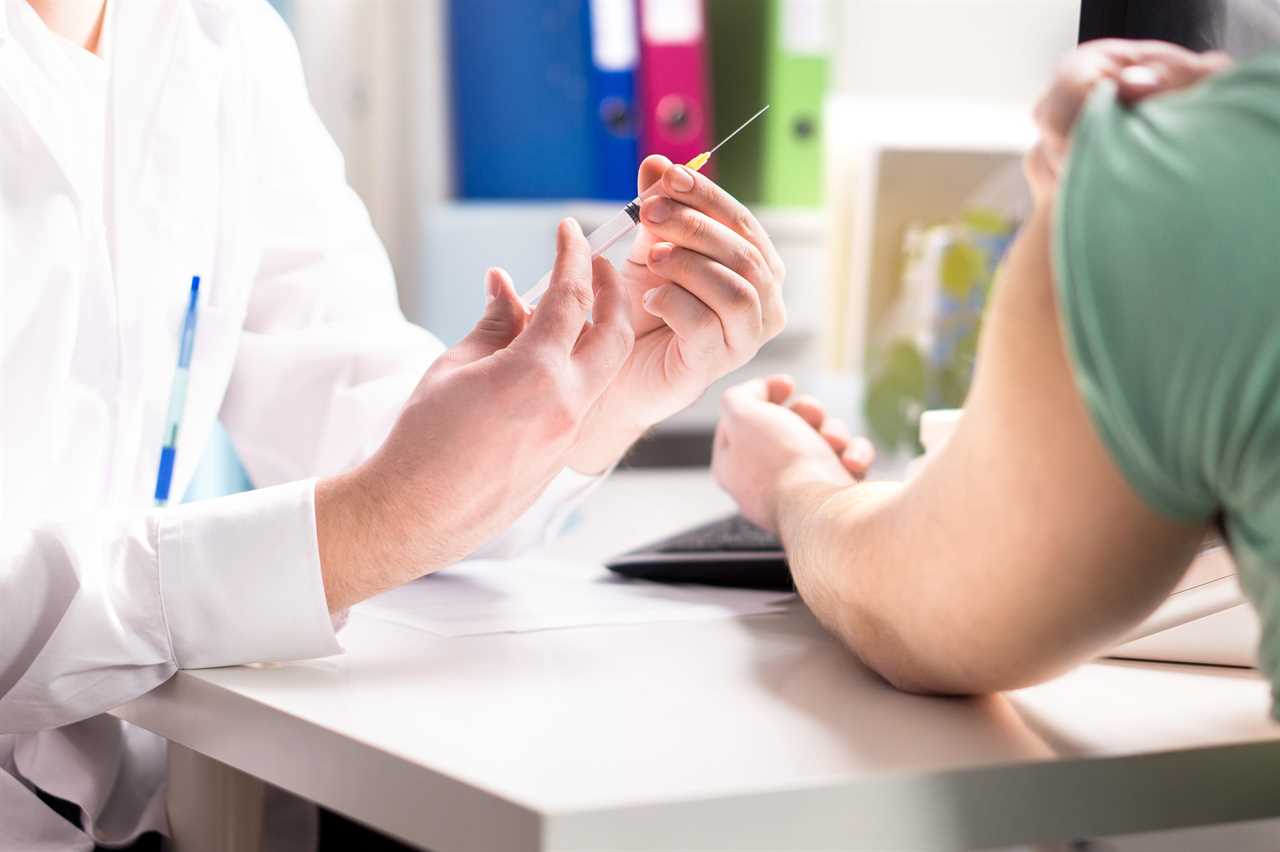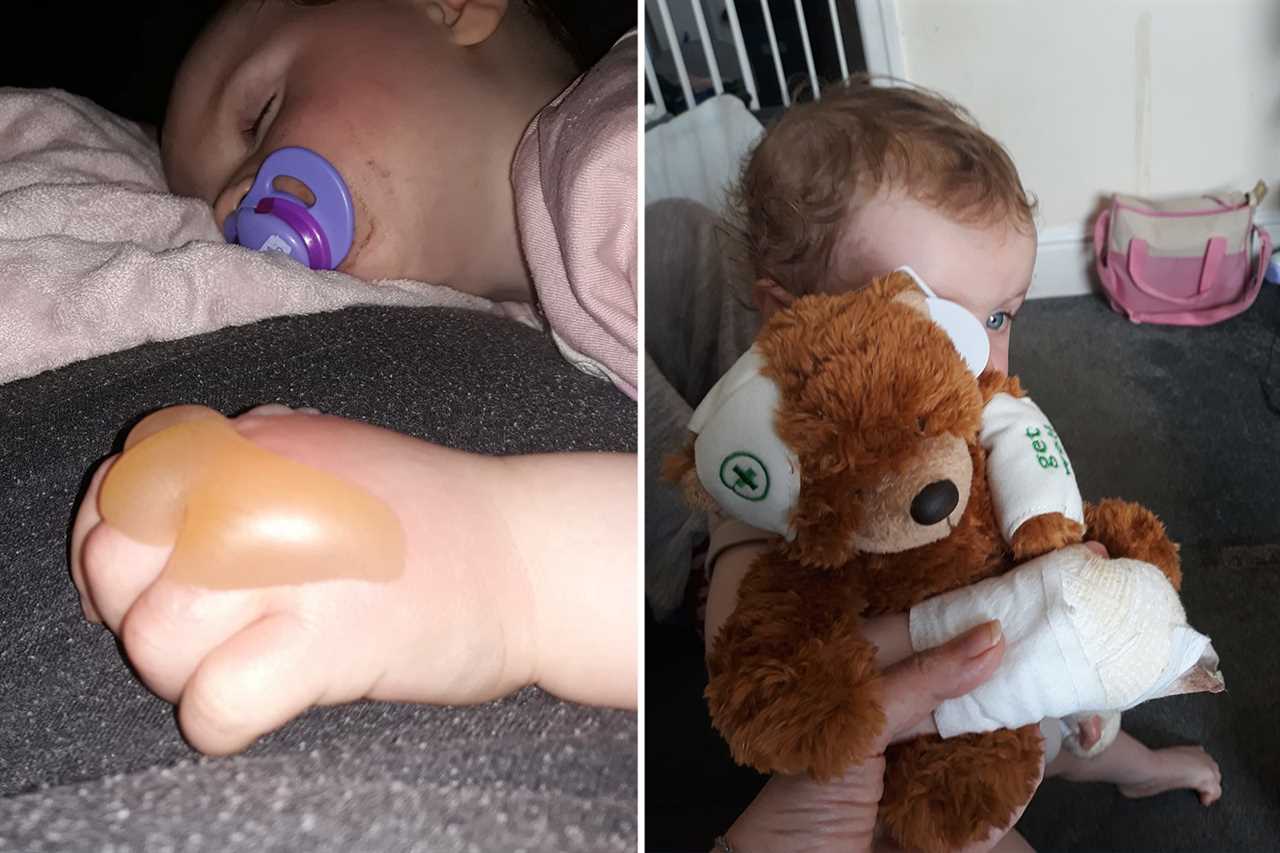BRITS could get DNA tests to check their cancer risk from a GP in as little as two years’ time, say scientists.
A landmark UK study found one in four people are born with genes that raise their risk of cancer or deadly heart problems.

Experts say scanning patients’ entire DNA at NHS clinics could spot danger long before a disease starts and save thousands of lives every year.
Study leader Professor Ros Eeles, from the Institute of Cancer Research, said: “This could place us at the start of a revolution for healthcare.
“Whole genome sequencing in primary care could change the way most patients and their families are managed by their GPs.”
Genome tests check for genes linked to serious diseases by searching for mutations in a DNA sample from blood or skin.
Read more on cancer
Patients with red flags can be scanned or tested more often to catch sickness early.
One woman in the study even had her ovaries removed after discovering her high cancer risk.
Prof Eeles added: “It will be very good to empower patients.
“We’ve talked to NHS England and we want to try to get it into the NHS.
“We’re talking about probably two years to do a bigger study and then five to roll out – but it’s definitely coming. It could potentially be part of your initial GP registration.
The scientists hope to get the cost of the test below £1,000 per person by making it faster and easier.
Their study, revealed at the American Society of Clinical Oncology conference, found 26 out of 102 patients at a London GP had high-risk gene mutations.
Around half of the changes were linked to cancer and others increased the chances of blood clots or dodgy heart rhythms.
Health Secretary Sajid Javid said: “Genomics is changing the future of healthcare.
“This study shows the potential for genome sequencing in enabling patients with life-changing diseases to receive early diagnoses just by visiting their GPs in future.
“It has the potential to save lives by increasing the detection and prevention of diseases such as cancer and heart disease.”
Experts searched from a list of 566 gene changes to pick out “actionable” ones where doctors can reduce risks with extra testing or medical help.
Read More on Trending In The News
Six out of 10 people had risky genes that were not making them ill but could be inherited by their kids.
Dr Michael Sandberg, a GP at 90 Sloane Street in London where the study was done, added: “We hope we could also stop many genetic conditions from being passed on to future children and grandchildren.”










